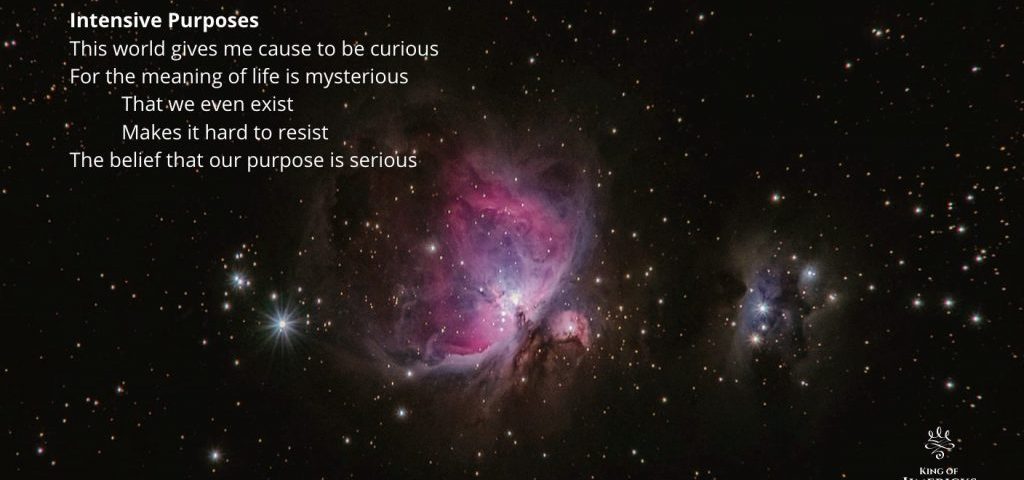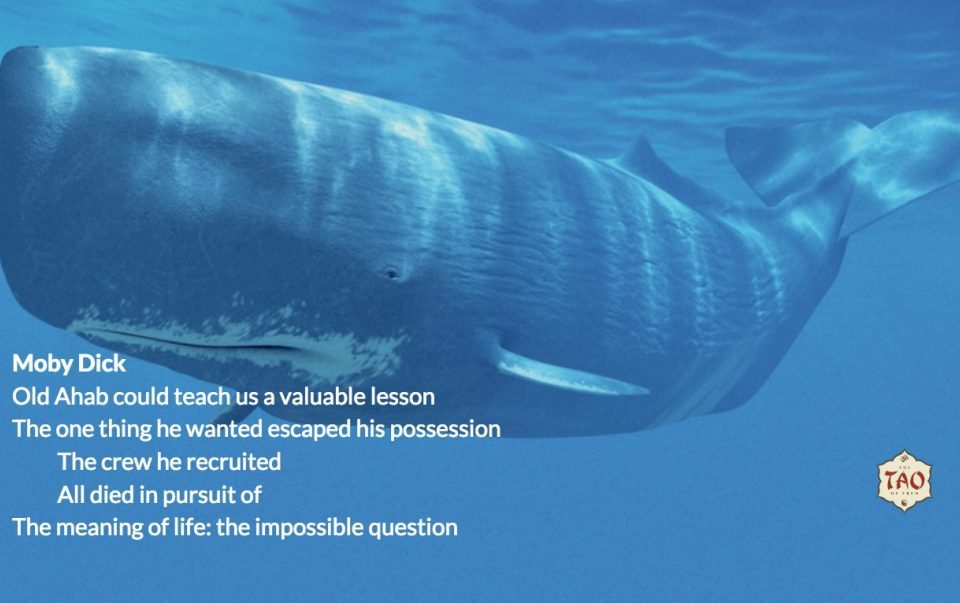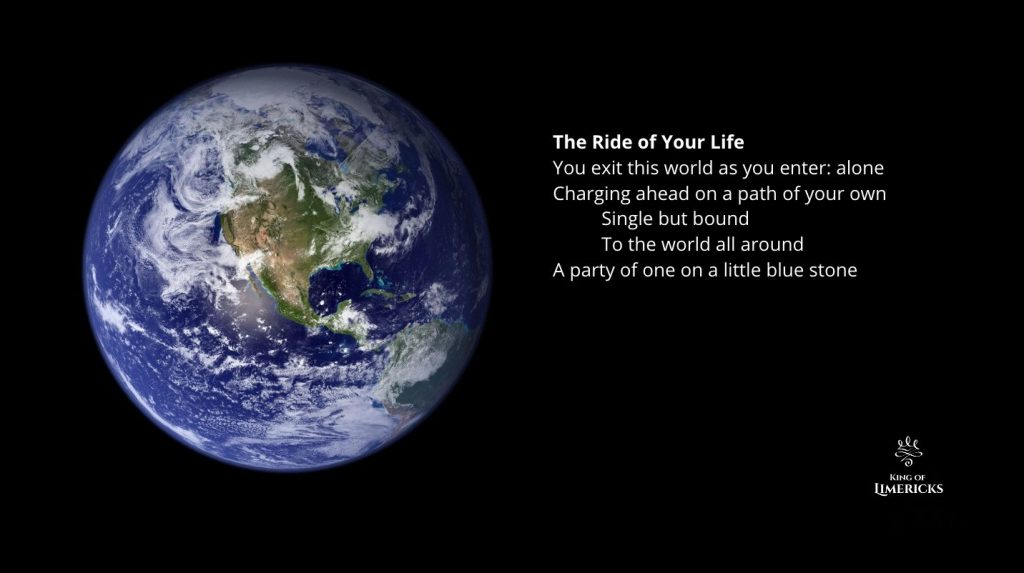
Soft-Spoken Limericks about Soul Searching
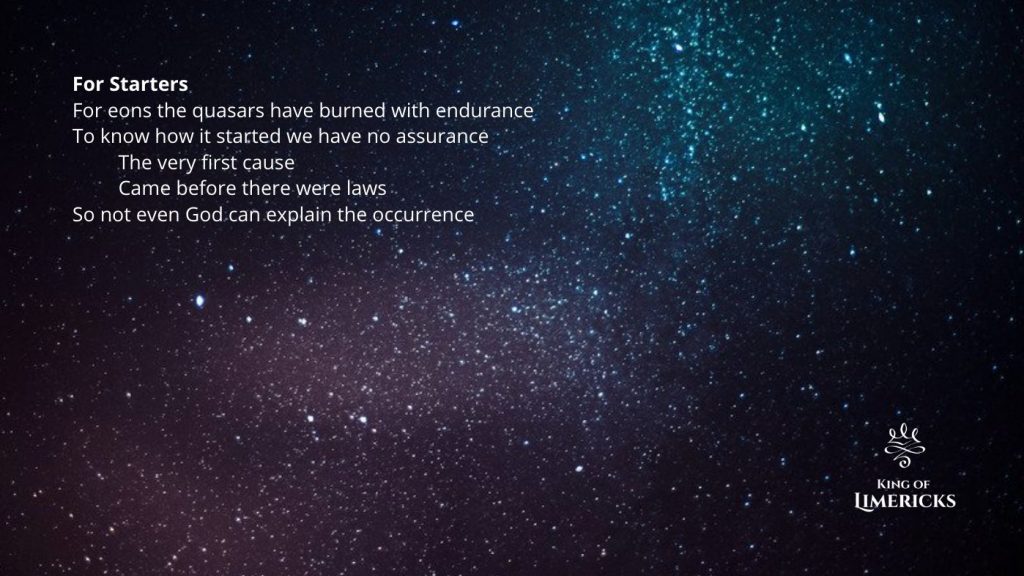
Earth-Shattering Poetry about Cosmology
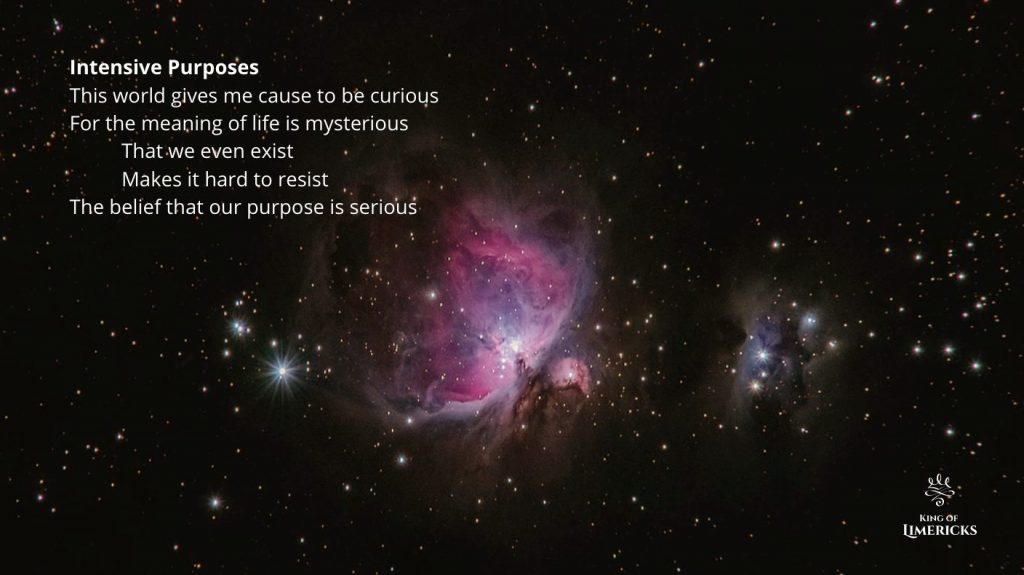
Samuel Johnson first coined the phrase Metaphysical Poetry in around 1780 to describe a very specific group of English poets of the 17th century, chiefly Abraham Cowley. But Johnson was using the term “metaphysical” very loosely, and the pages of Cowley have since accumulated great quantities of dust. Today we associate this formal category of poetry primarily with the name John Donne, whose sermons and meditations have enjoyed a long-lasting legacy.
What is metaphysics?
We can trace the word back to Aristotle, who may not have been the first writer to discuss metaphysical matters, although he was probably the first philosopher to treat the subject so systematically.
The term has come to refer to a broad range of philosophical questions, including the nature of existence, causes and effects, what is and what could be, time and space, objects and their properties, mind and matter. For the most part, the answers to these questions cannot be known with certainty, and therefore tend to be highly speculative.
The idea of using poetry to express metaphysical ideas is as old as poetry itself. What was Hesiod’s Theogony, from the 8th century B.C., if not metaphysics in the strictest sense? Or Rumi, from 13th century Persia.
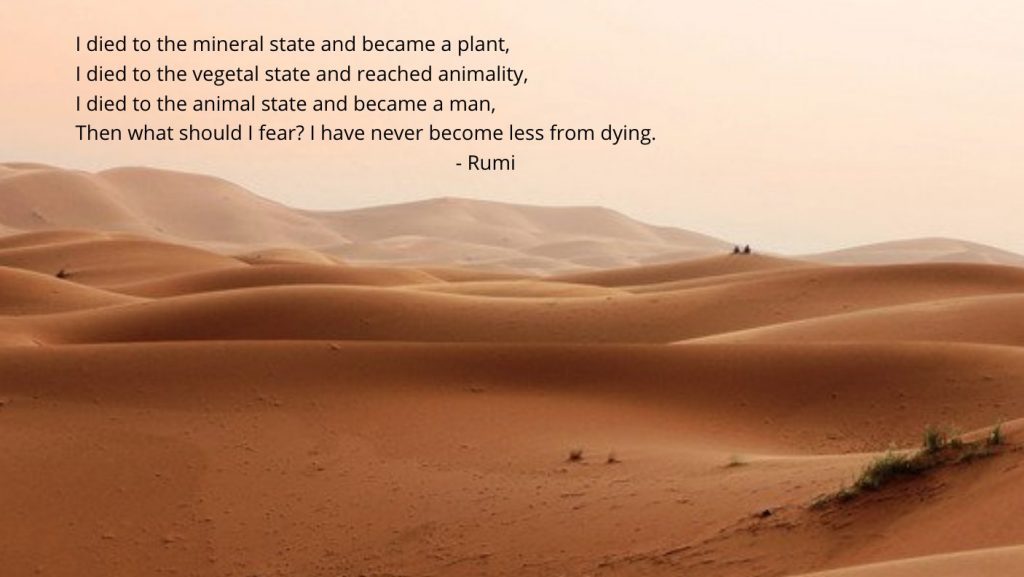
Of course, you can always look to an ultra-profound German philosopher like Immanuel Kant for more explicit answers to these impossible questions. And you can decide for yourself which is more impenetrable, the prose of Hegel or the poetry of Rumi.
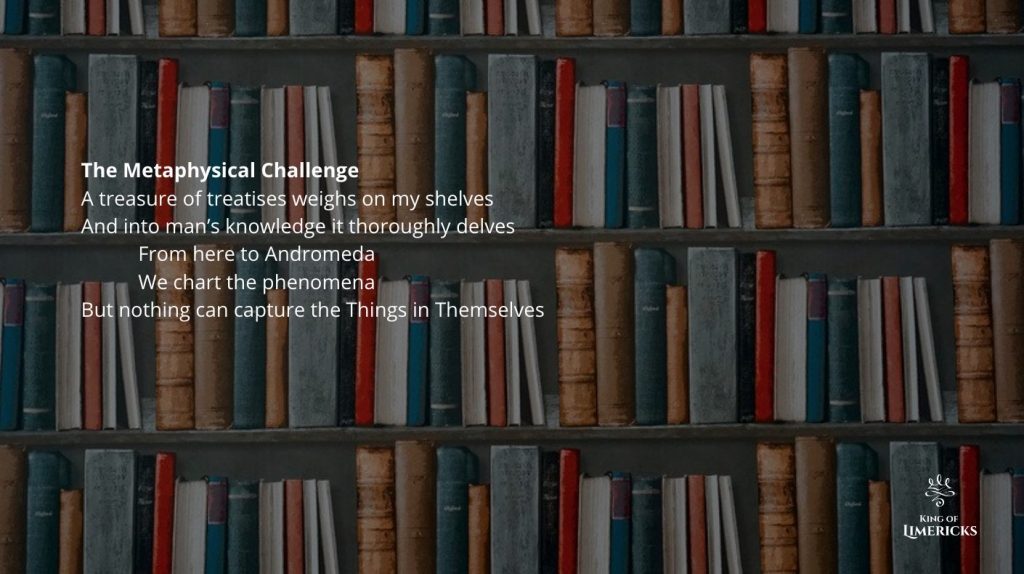
Now I’m not one to shy away from German idealism, but when it comes to thought-provoking bedtime reading, I generally prefer the poetry of Persia to the prose of Prussia. The systematic treatises of the 18th and 19th centuries may be thorough and almost impossible to refute, but how well do they stand up against the power of metaphor?
Without rigorous academic training, most of us will find the German dialectics incomprehensible. Poets like Hafez and Omar Khayyam, on the other hand, address the general public, aiming to tickle our curiosity and imagination. And tickle them they do.
Metaphysical Limericks
As a casual student of western philosophy, eastern mysticism and world religions, I’ve developed a few metaphysical ideas of my own. Moreover, I’ve wrestled with hundreds of metaphysical problems presented by the great teachers.
From Socrates I learned that the first step towards wisdom is to admit that we do not know. And from Kierkegaard and Joyce, I learned the supreme value of irony. So with all the humility I could muster, along with my 21st century white male privilege, I began to catalog my own metaphysical explorations in the form of five-line limericks.
Traditionally the most whimsical and raunchy form of poetry, limericks are about the most unlikely place to bury your philosophical treasures. To quote James Joyce, consider the “Remedy where you least expect it.” (Ulysses, p.81)
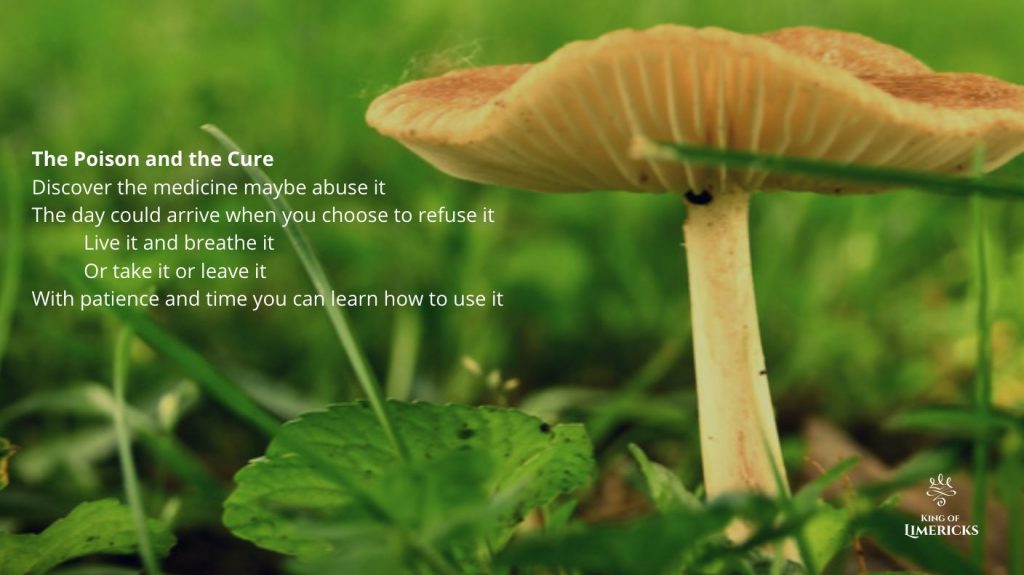
In an effort to avoid taking myself too seriously, and to explore a heretofore unexploited literary form, I continued with my metaphysical limericks. In the age of micro tweets, viral videos and anti-intellectualism, I hope I can reach a few odd souls, even those with the most severely challenged attention spans. And perhaps, to paraphrase the Buddha, they can chuckle their way to enlightenment.
Further Reading
If you found this discussion of metaphysical poetry interesting, you’ll be sure to enjoy:
- Limericks about Metaphysics
- Limericks about German Philosophy
- Limericks about Religious Problems
- Poetry about Cosmology
- Metaphysical Erotica
- Archetypal Dimensions of Kermit the Frog

